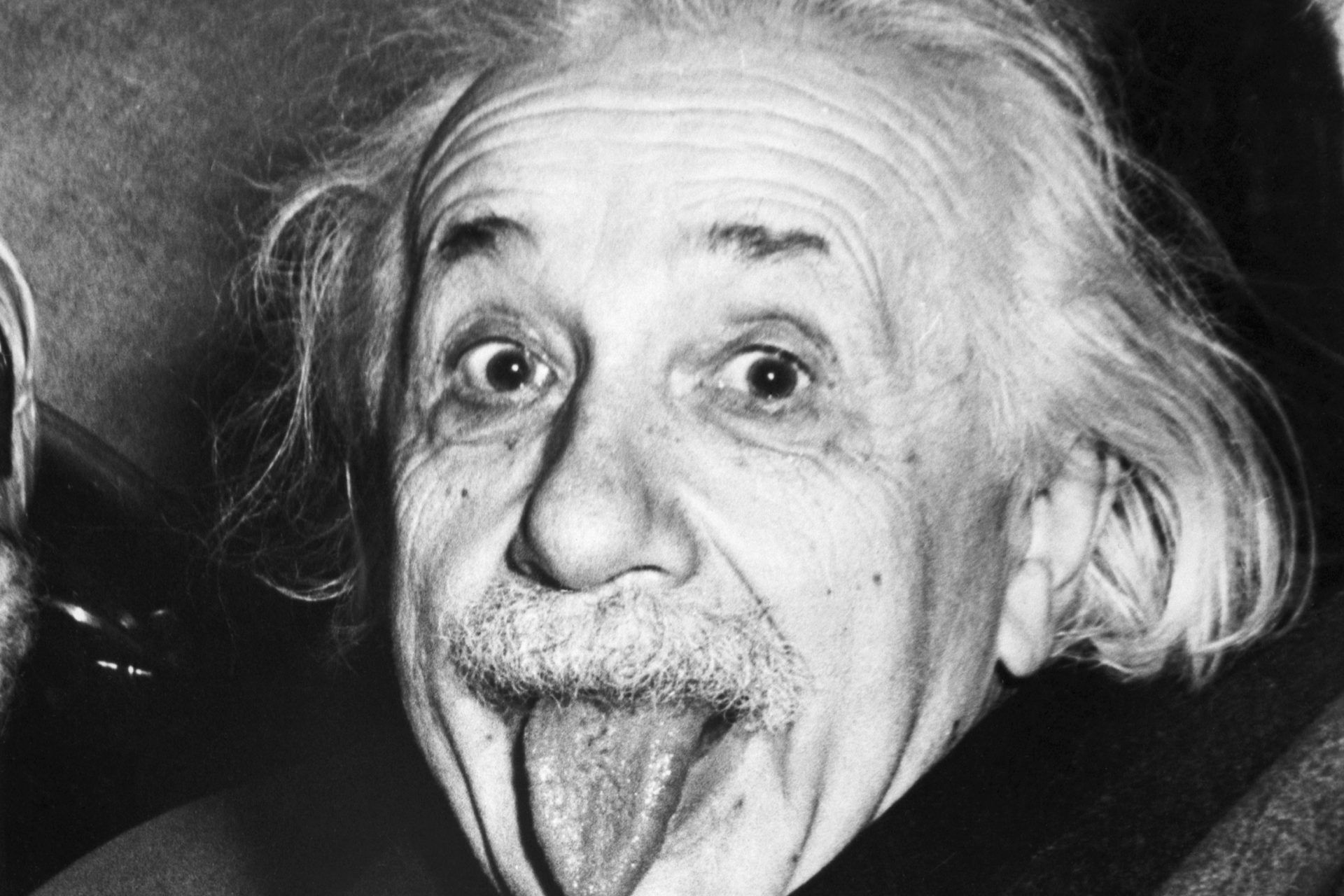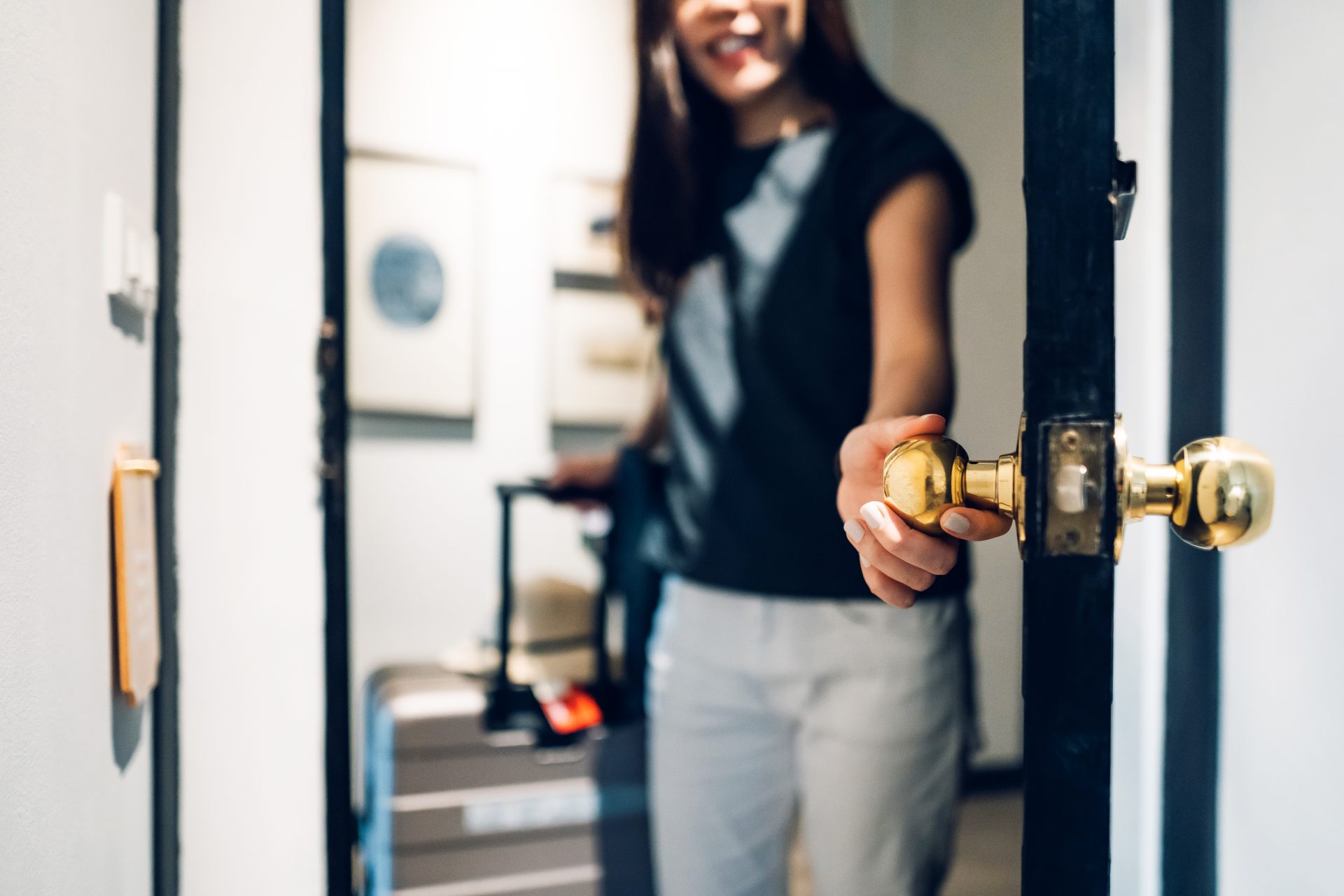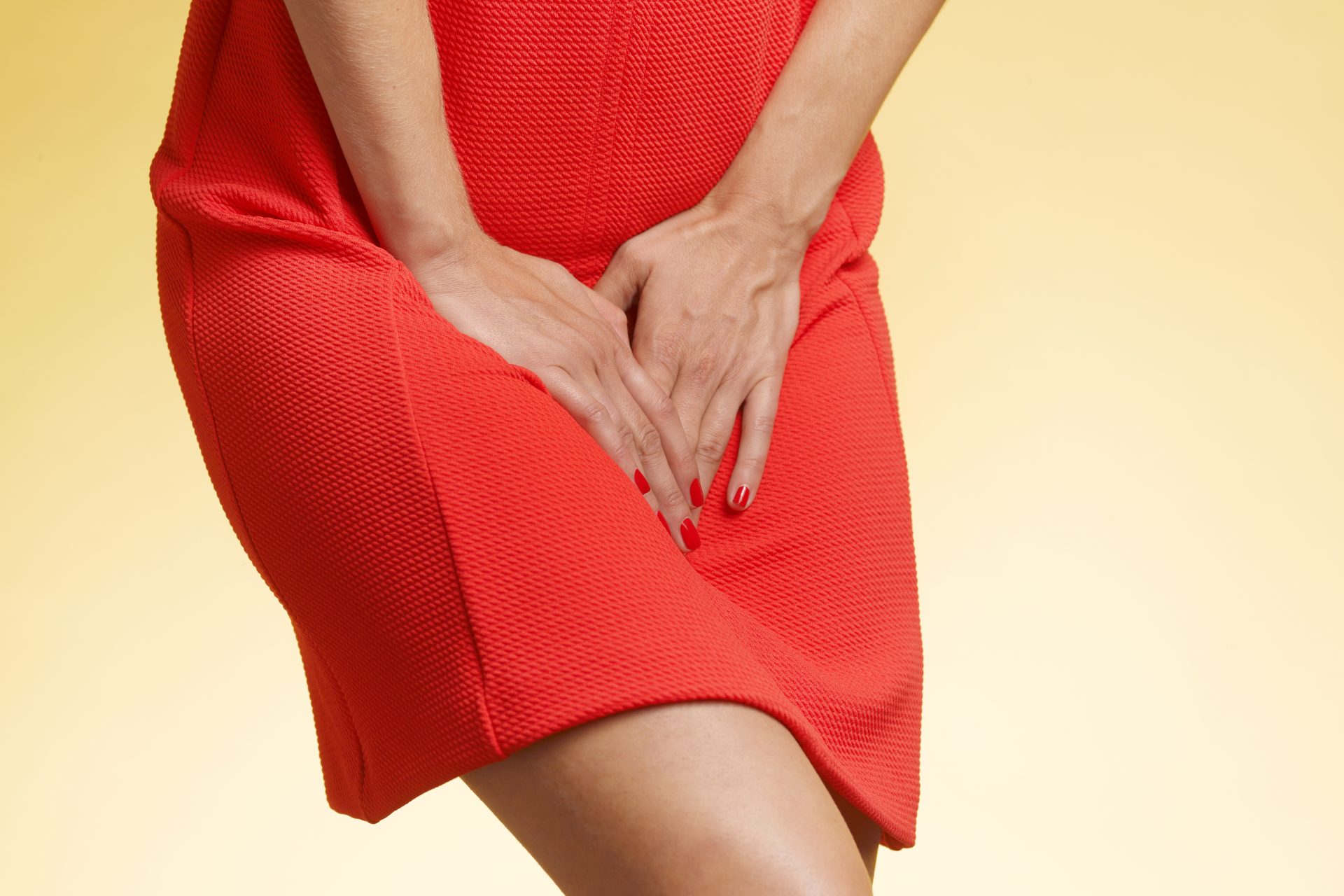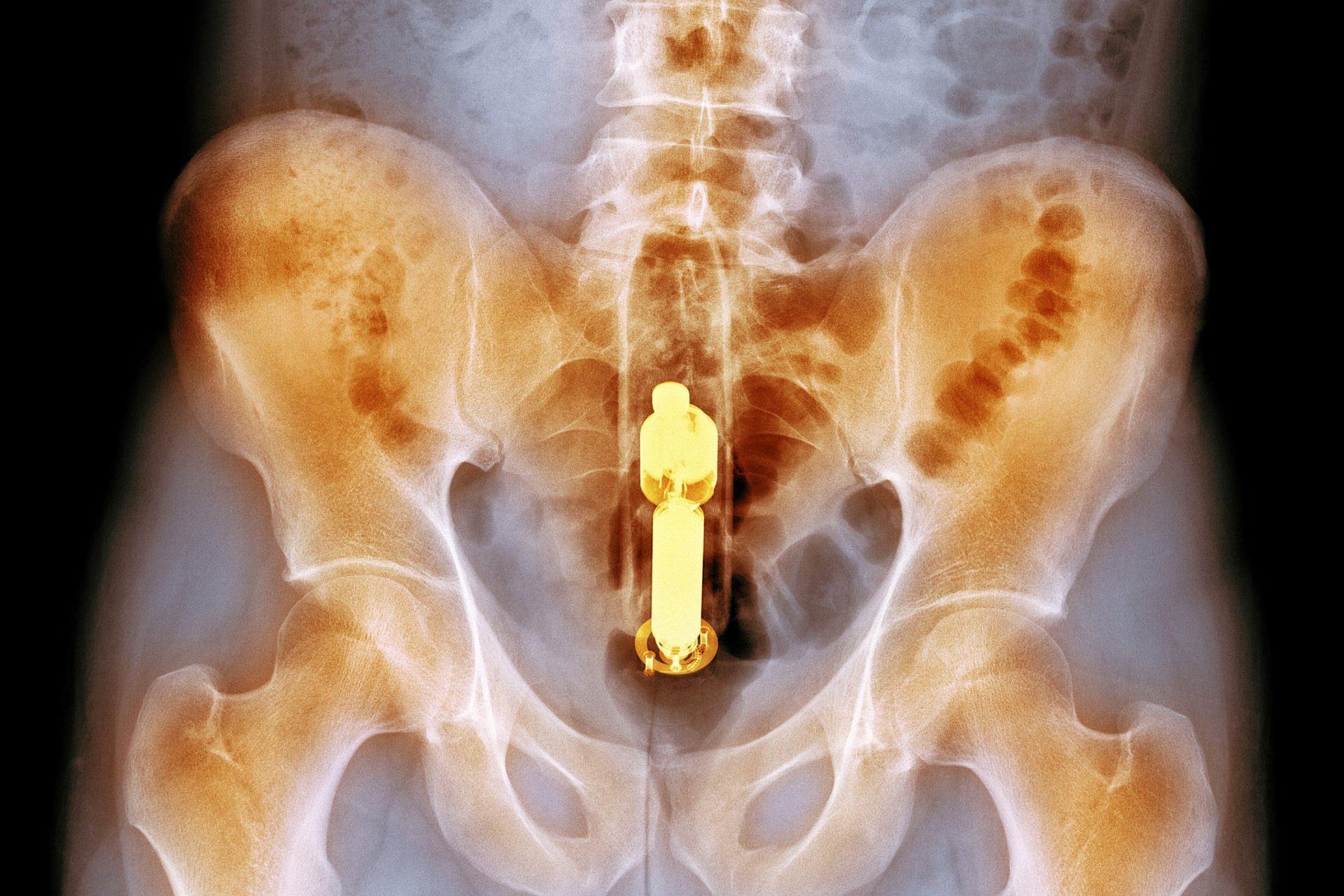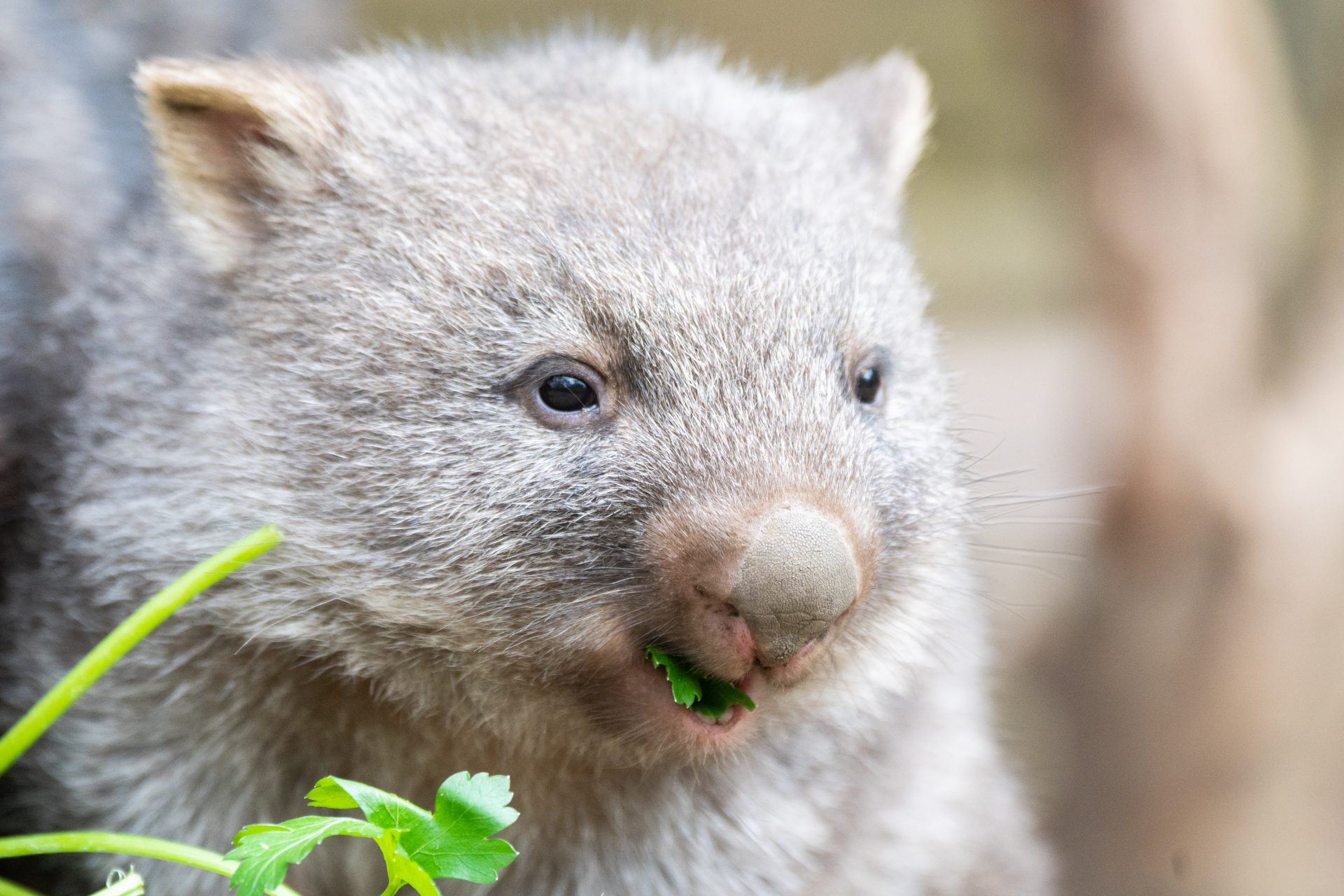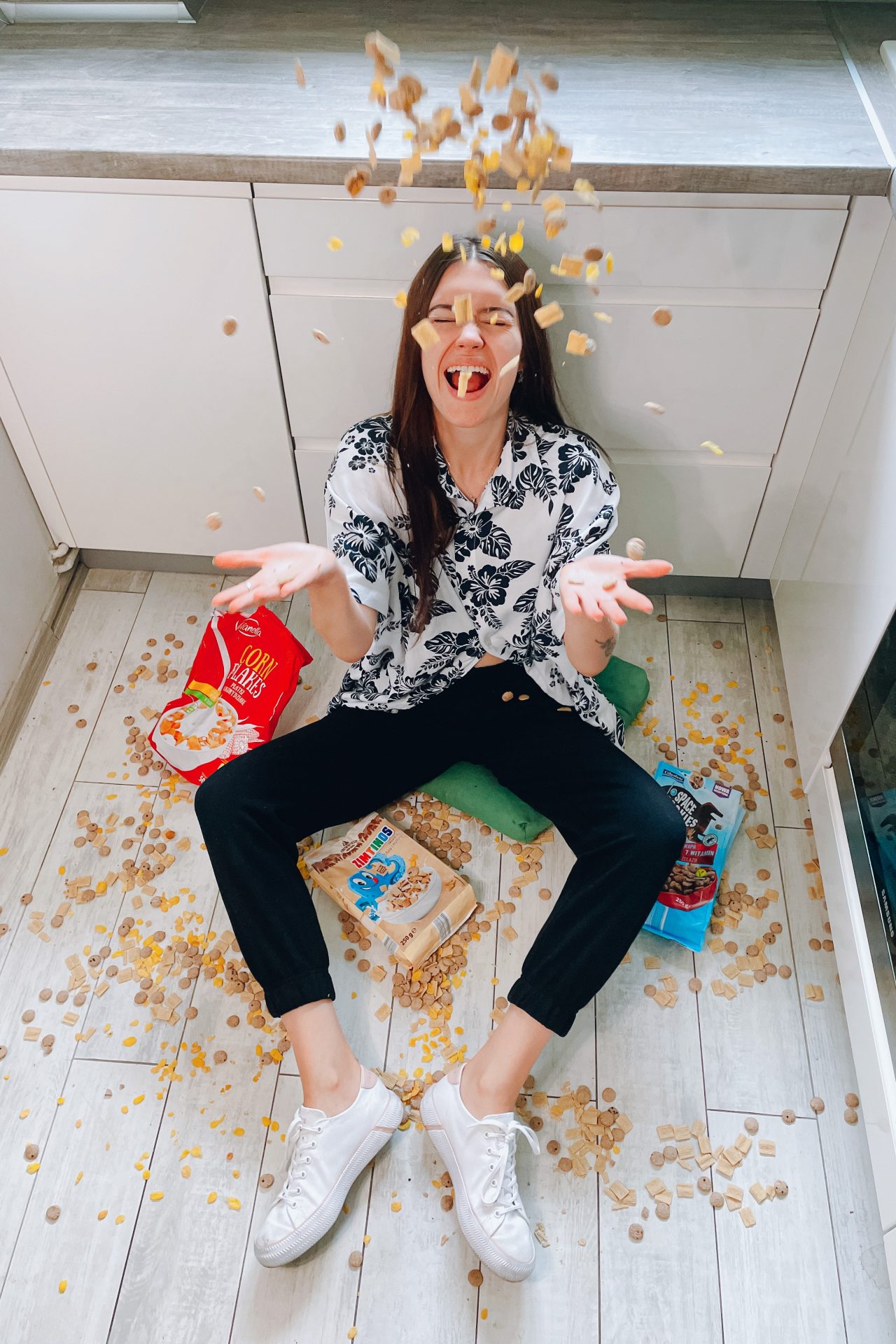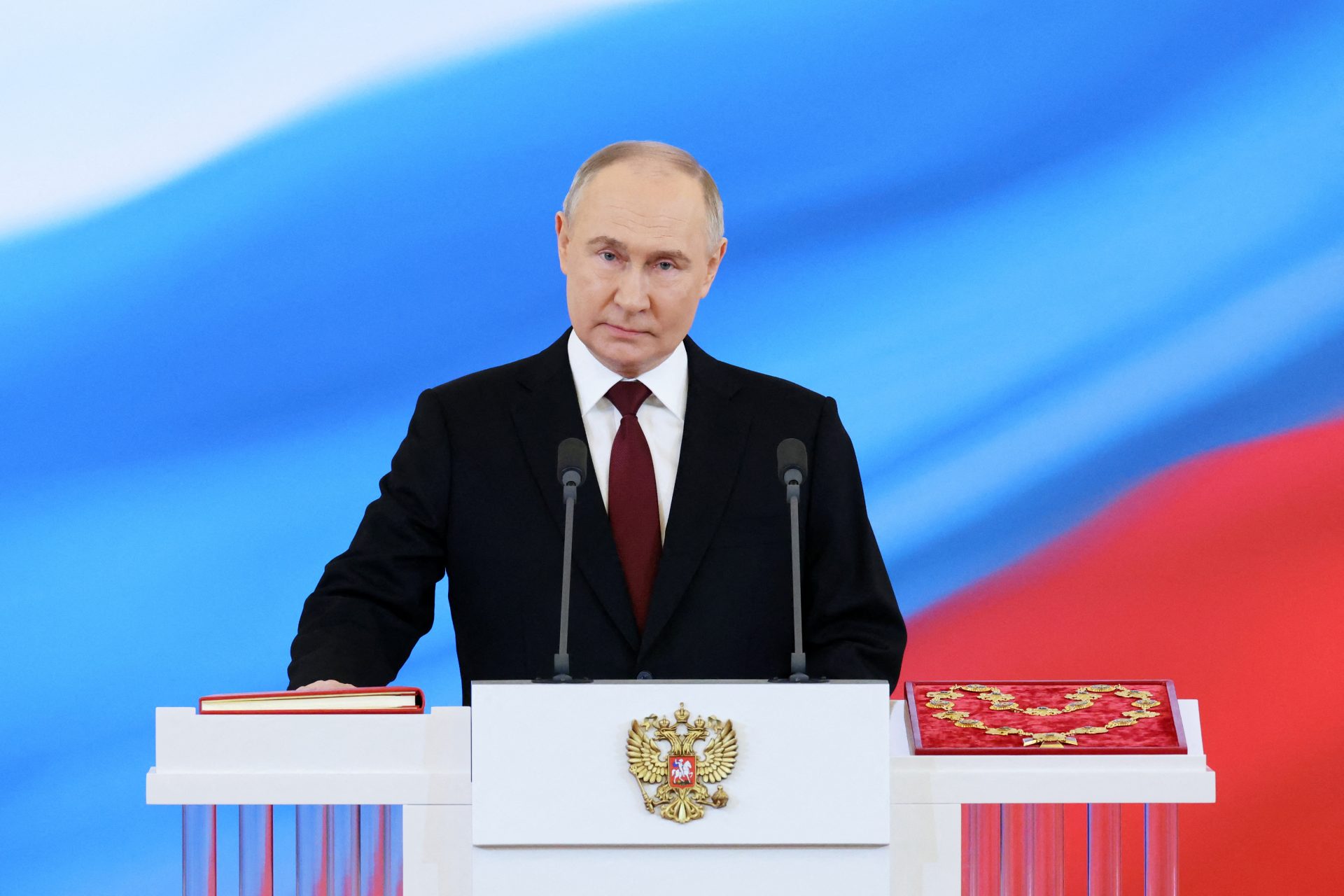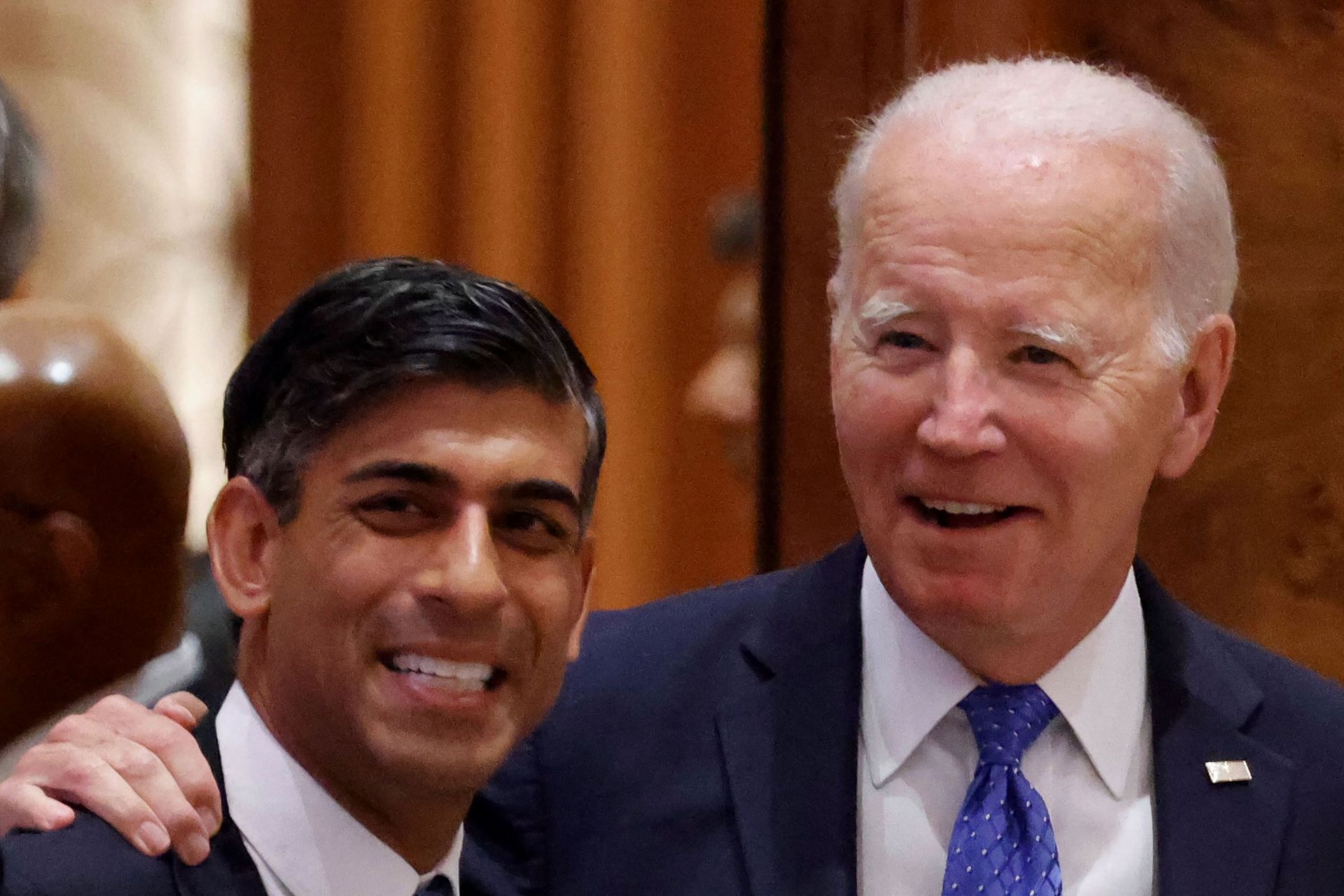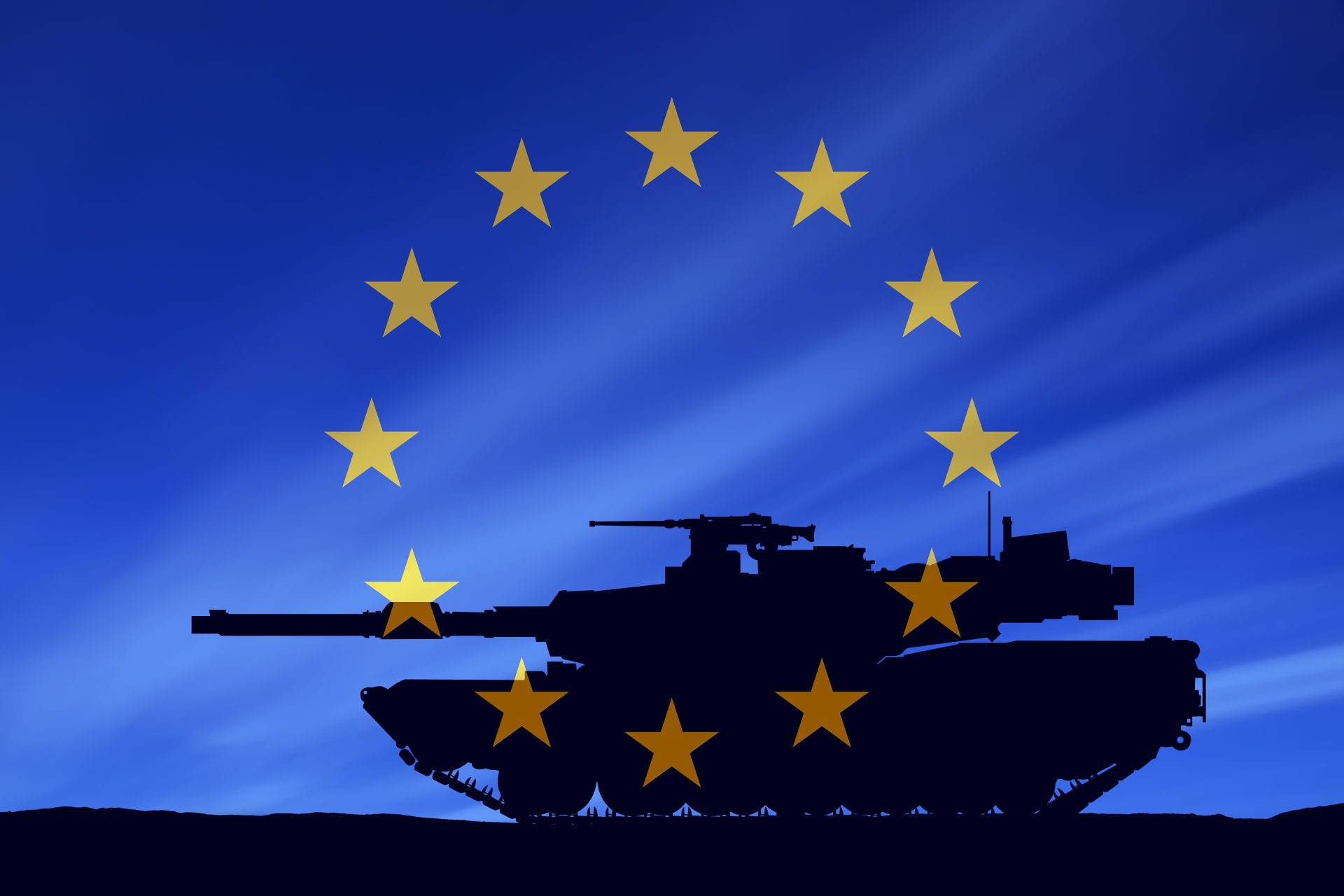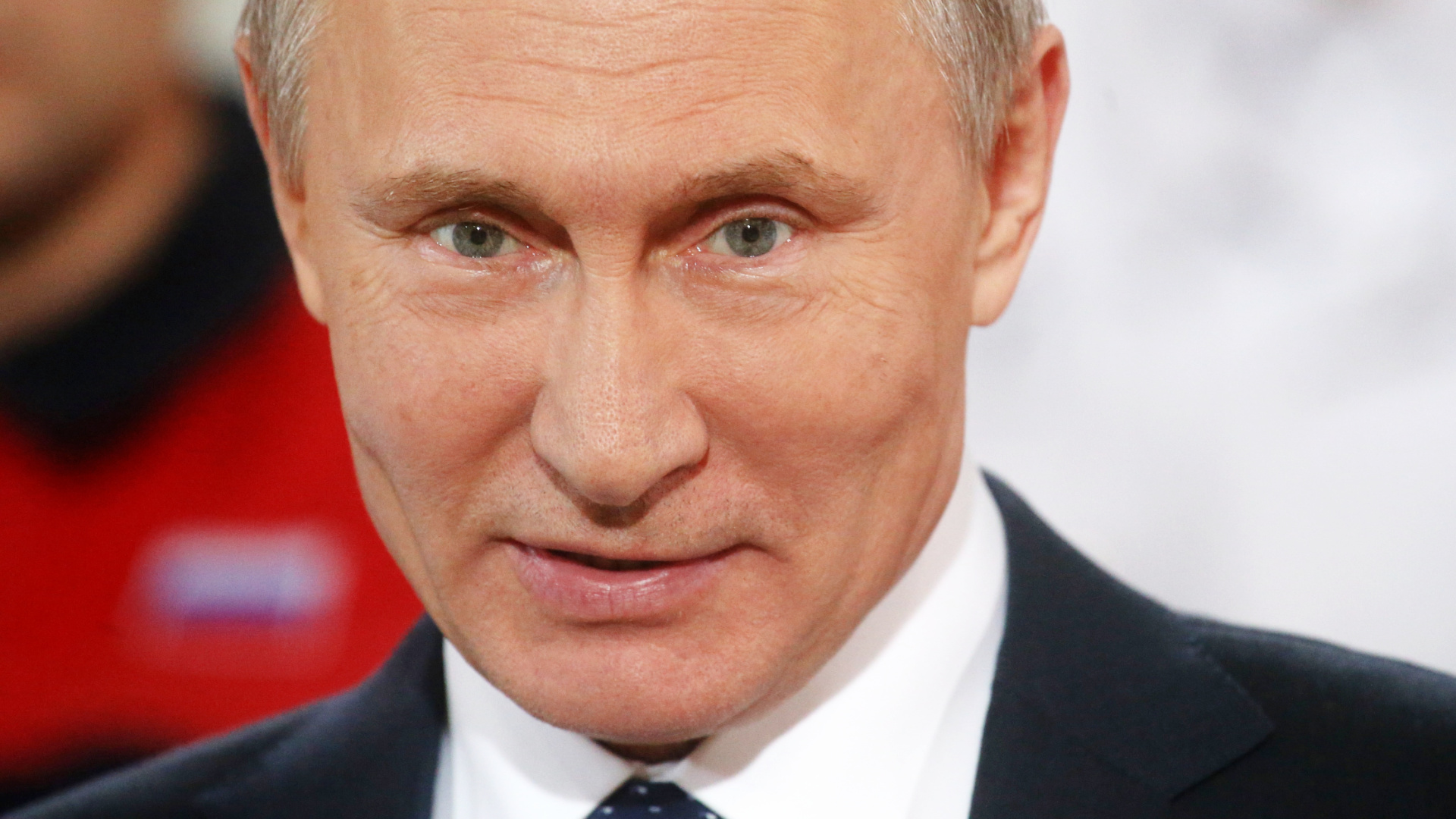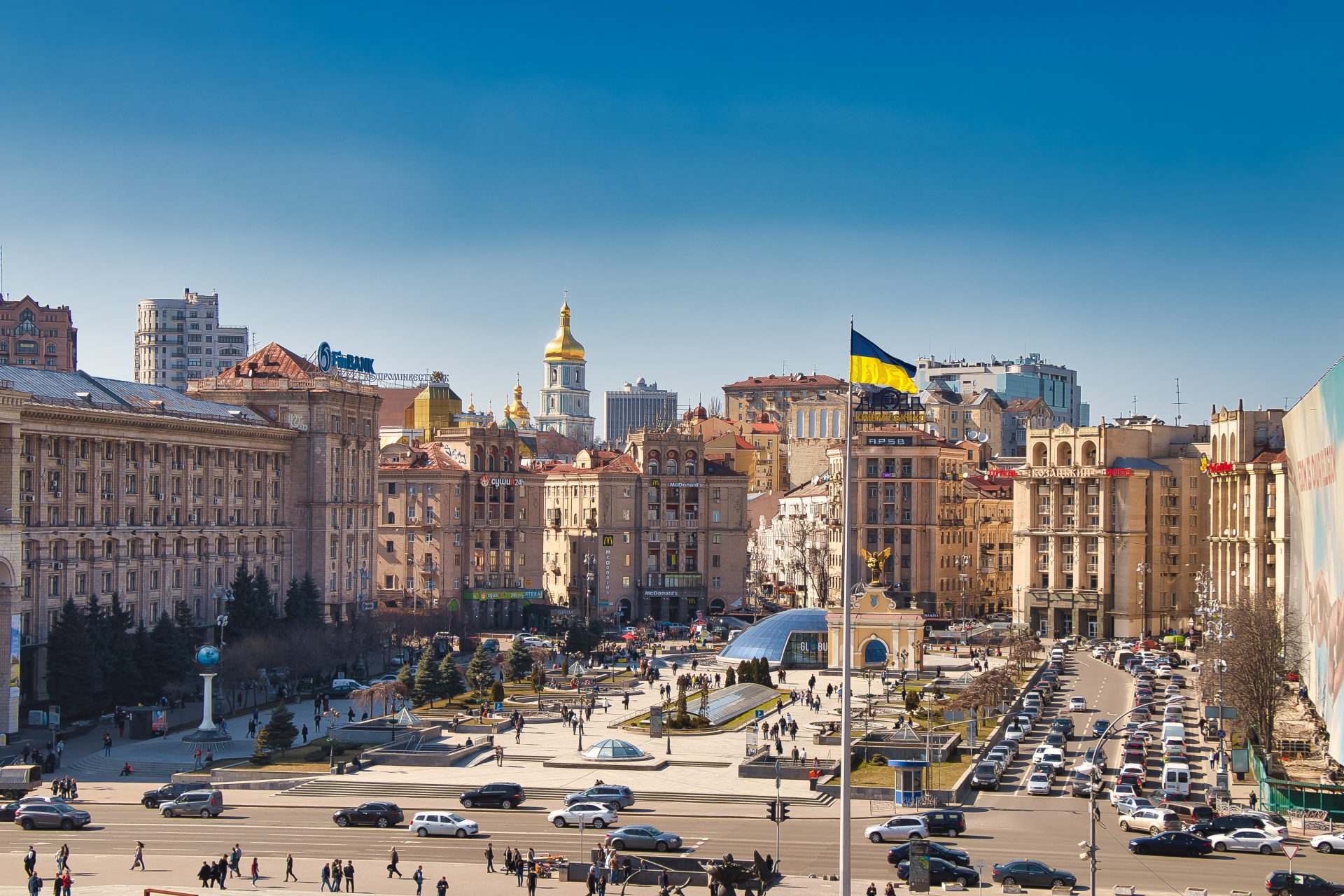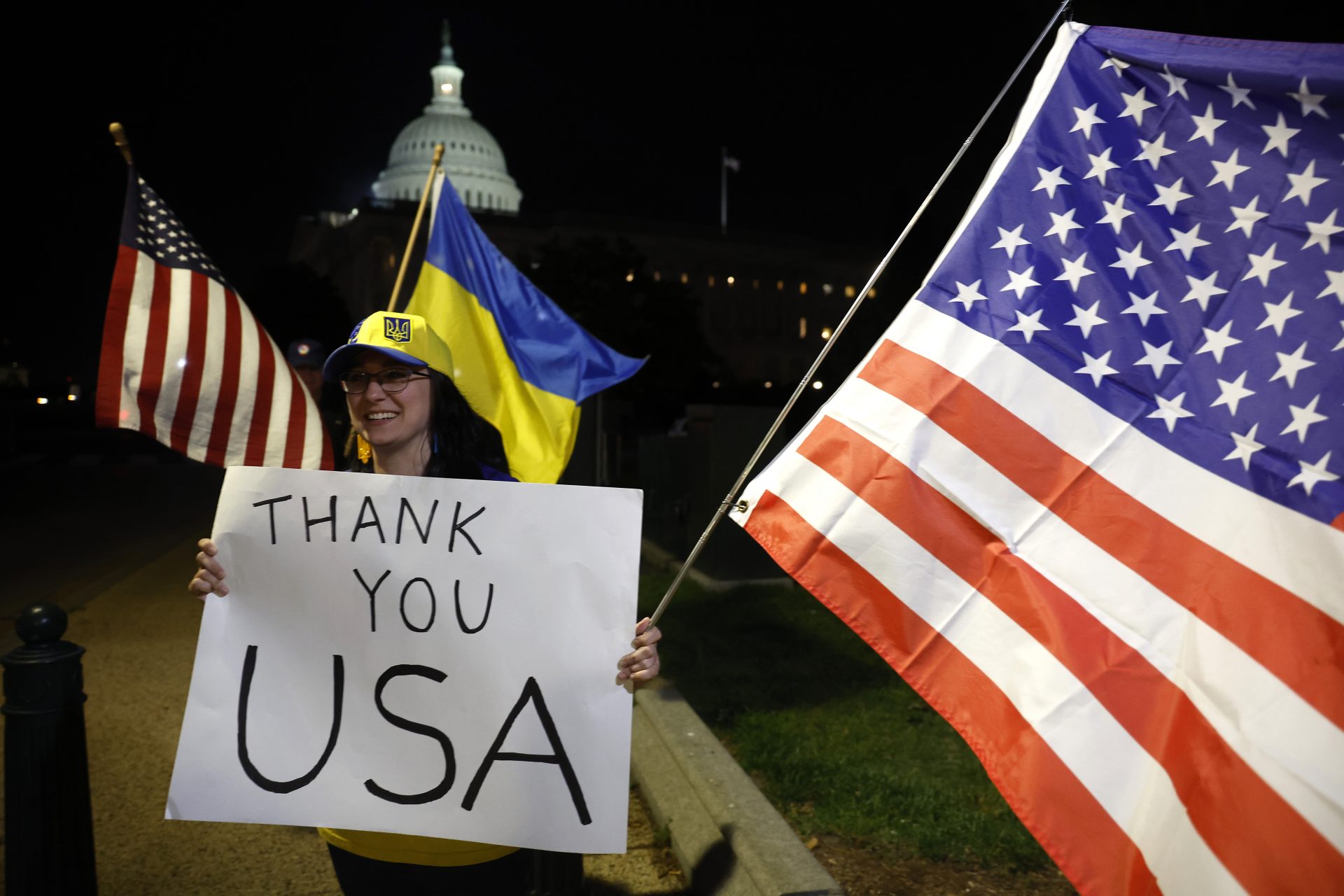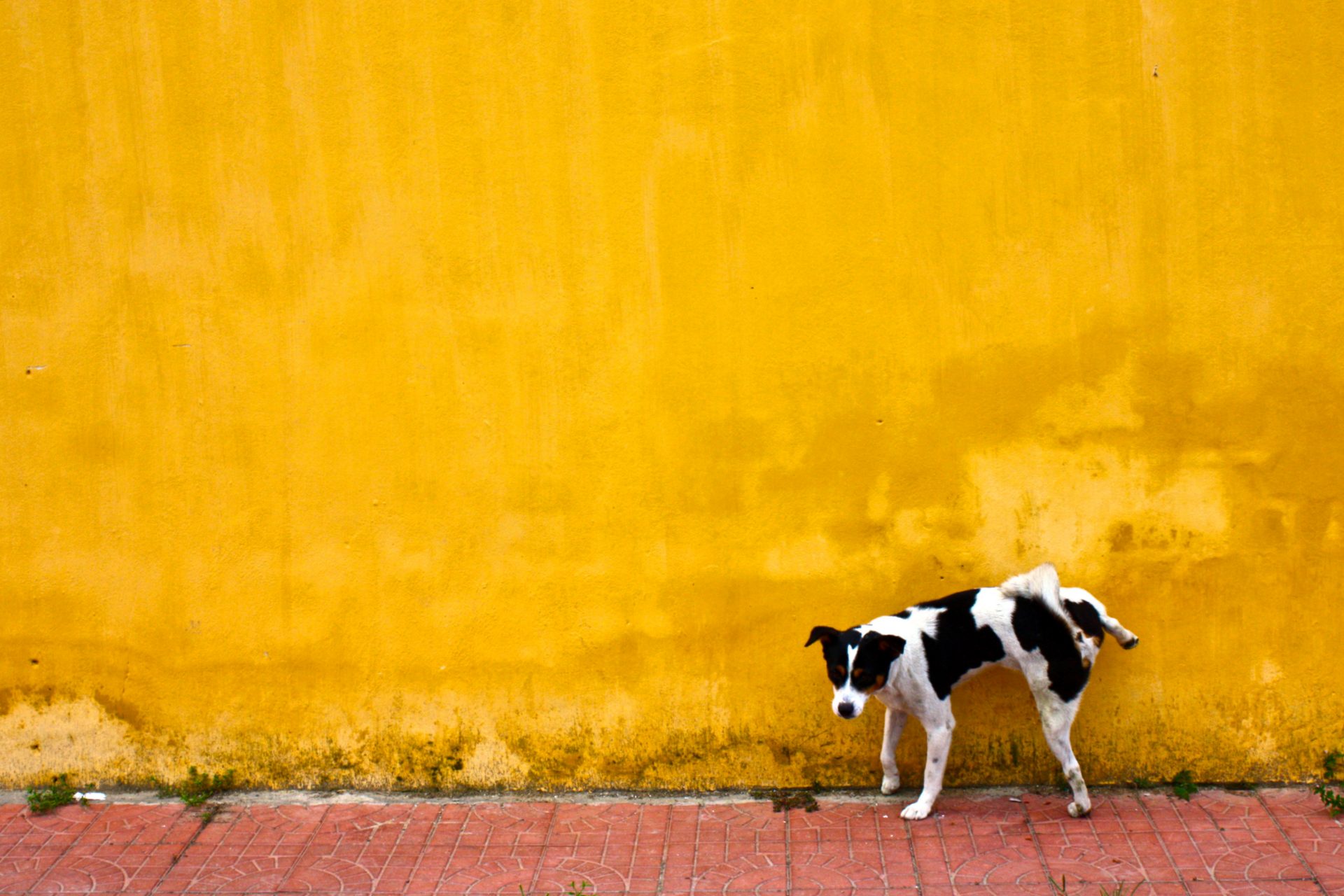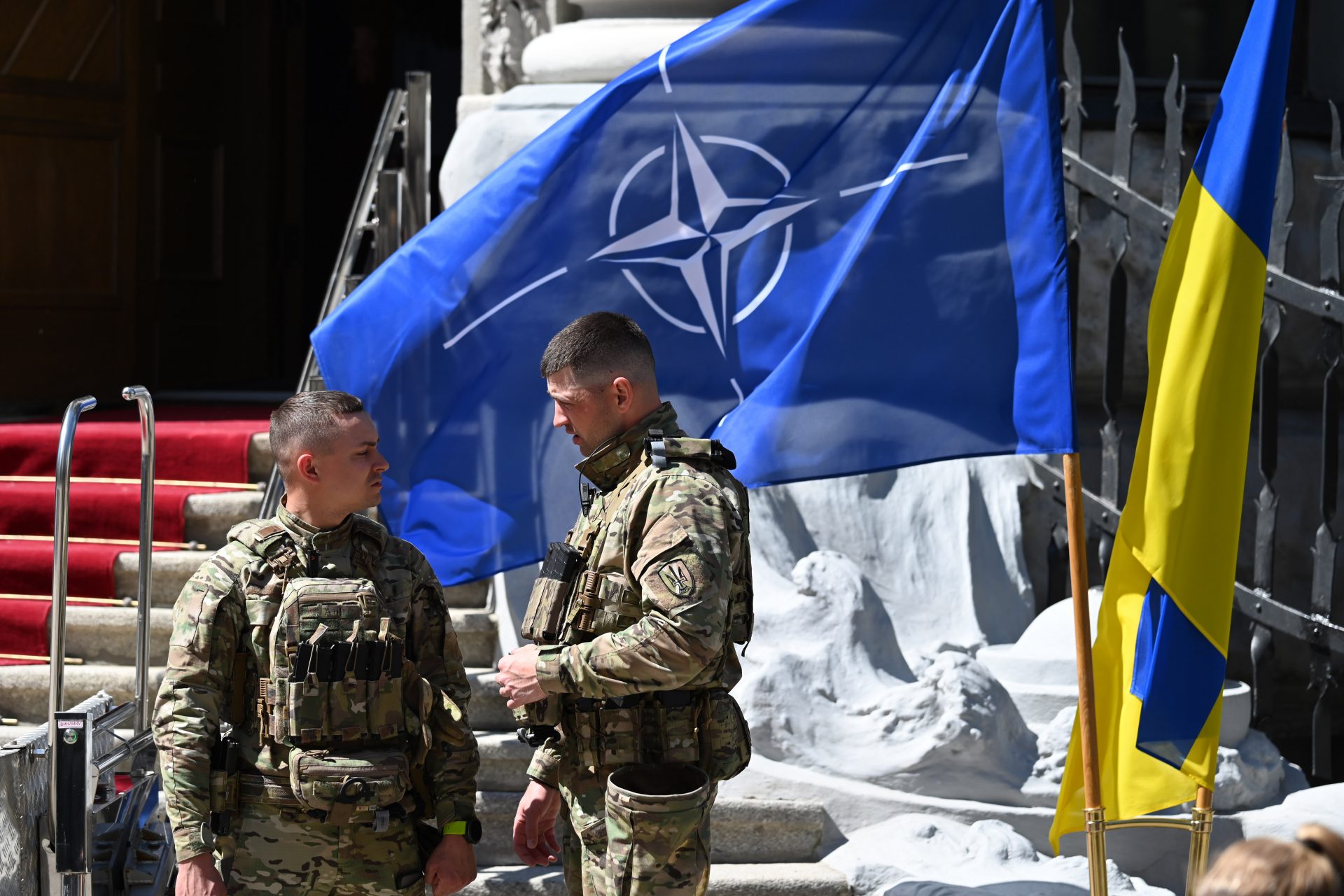The most ridiculous scientific research to win an Ig Nobel Prize
The Ig Nobel Prizes are a light-hearted spoof on the much more serious Nobel Prizes. It’s been running for more than 30 years, and each year awards some truly absurd, head-scratching scientific research. Let’s look at a few of the winning gems.
The 2021 Peace Prize went to three researchers for testing the hypothesis that humans evolved beards to protect themselves from being punched in the face. They dropped 20 samples of human bone tissue covered in different hair thicknesses. Their conclusion? More beard = less injury.
In 2022, a group of Japanese researchers won the Engineering Prize for trying to discover the most efficient way for people to use their fingers when turning a knob. The conclusion? To turn a knob wider than 1cm, three fingers are usually required. But that number moves up as the diameter increases.
The 2018 Economics Prize went to Canadian and American researchers who examined whether using voodoo dolls on an abusive boss is an effective form of employee retaliation. The conclusion is that it can be a harmless way to restore perceived justice (without lawsuits!).
In 2010, Dutch researchers won the Medicine Prize for discovering that asthma symptoms can be treated with a roller coaster ride. They had 25 young women with severe asthma participate in the thrilling experiment.
Photo: Matt Bowden, Unsplash
An Ohio-based lab of the US Airforce won the 2007 Peace Prize for requesting a $7.5 million grant to study the creation of a “gay bomb” that “would cause enemy soldiers to become gay, and to have their units break down because all their soldiers became irresistibly attractive to one another.” A new way to think about the phrase “Make love not war?”
The 2011 Medicine Prize went to several researchers for their study about how the need to urinate affects decision-making. They concluded that the urge to pee may cause people to make better decisions about some things but worse decisions about other things.
The Computer Science Prize of 2002 went to an Arizona inventor who devised PawSense — a computer software to detect when a cat is walking across someone’s keyboard.
The 1995 Literature Award went to Wisconsin researchers for their review of documented objects that had been discovered in humans’ bums. The report cites objects including light bulbs; a knife sharpener; a snuff box; eleven different forms of fruits, vegetables and other foodstuffs; flashlights; a jeweler’s saw; a frozen pig’s tail; a tin cup; a beer glass; and one patient’s ensemble collection of spectacles, a suitcase key, a tobacco pouch and a magazine.
The 2019 Medicine Prize was given to a researcher who showed that pizza might protect against illness and death… but only if the pizza is made and eaten in Italy.
“One way of estimating the wind of a tornado vortex is to determine by experiment what airspeed is required to blow all the feathers off a chicken, a phenomenon known to occur in these severe storms,” begins the 2010 paper that won atmospheric scientist Bernard Vonnegut the 1997 Meteorological Prize. And YES! He was the older brother of novelist Kurt Vonnegut!
The 2014 Art Prize went to three researchers who tested how art affects pain perception. To test it, they showed volunteers beautiful and ugly artworks while shooting them in their hands with a powerful laser beam. The conclusion? Beautiful images had maximum distracting effects.
Photo: Una Laurencic/Pexels
It’s an image you’ll never get out of your head. Yes, scientists wanted to learn more about Chinese alligator communication, so they stuck a female in a chamber that would get filled up with helium. By changing the pitch of her sounds with helium, researchers gathered that body size can be advertised through vocalizations. This won the 2020 Acoustics Prize.
The 2020 Psychology Prize went to researchers in Canada who conducted an experiment suggesting that you can determine narcissists by their eyebrows. They found that big bushy eyebrows are often a giveaway clue.
The 2019 Physics Prize went to a group of scientists for their serious study of how and why wombats’ poo comes out as a perfect cube. Intestines and balloons were involved, and they concluded that it all comes down to strain. As a bonus, they said it could provide insight into new manufacturing techniques!
The Medicine Prize in 2004 was given to a researcher who investigated the scientific validity of the five-second rule about whether it’s safe to eat food that’s been dropped on the floor if it’s picked up quickly. That study has inspired further research, but none of it has been conclusive.
Photo: Yelyzaveta Martynenko/Pexels
More for you
Top Stories



